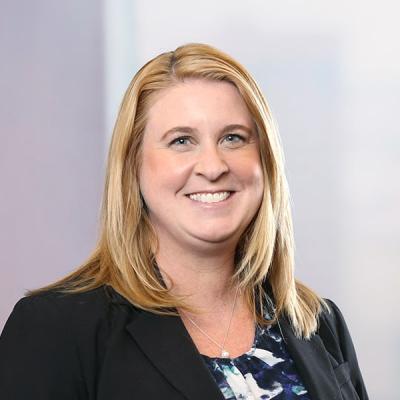January 1, 2025 Deadline Is Fast Approaching for Compliance with the Corporate Transparency Act
The Corporate Transparency Act (CTA) requires entities, including corporations, limited liability companies, and limited partnerships, to file a beneficial ownership information (BOI) report with the Financial Crimes Enforcement Network (FinCEN), a division of the US Treasury Department.
Deadlines
- Reporting Companies formed prior to January 1, 2024 must file by January 1, 2025.
- Reporting Companies formed in 2024 must file within 90 days of formation.
- Reporting Companies formed in 2025 or later must file within 30 days of formation.
- Reporting Companies must file an updated BOI report within 30 days of any change to information provided in a prior filing.
What entities are Reporting Companies?
With limited exceptions, the CTA applies to almost all entities that were formed by filing with a state-level office, including corporations, limited liability companies (even if disregarded for tax purposes), partnerships, business trusts, and foreign entities registered to do business in the United States (“Reporting Companies”). Estate planning trusts are not Reporting Companies.
Other than trusts, most entities created for estate planning purposes will not be exempt from reporting, even if an entity is not engaged in a trade or business. For example, a single-member LLC that merely owns a personal residence or an investment portfolio is a Reporting Company required to file.
What information is required in the BOI Report?
A Reporting Company’s initial BOI report must include the following:
- Information relating to the Reporting Company, including its name, address, jurisdiction of formation, and EIN.
- Information relating to the Reporting Company’s beneficial owners who are individuals and who directly or indirectly own or control 25% or more of the Reporting Company.
- Information relating to individuals who exercise substantial control over the Reporting Company (even if such individuals do not meet the beneficial ownership definition above).
- Information relating to individuals who assist in the formation of the Reporting Company (but only for Reporting Companies formed or registered on or after January 1, 2024).
Information to be reported for each beneficial owner or individual who exercises substantial control includes the name, date of birth, residential address, and a copy of an identification document (such as a passport or driver’s license) for each such individual.
How to File BOI Reports
Reporting Companies must file BOI reports online with FinCEN at the following website: https://boiefiling.fincen.gov/fileboir.
The help section of FinCEN’s website contains additional resources, such as filing instructions and a quick reference guide.
If an individual is a beneficial owner of more than one Reporting Company, or if the individual does not want to share personal information with the Reporting Company, we recommend that the individual request and obtain a FinCEN ID directly from FinCEN. The individual can then share his or her FinCEN ID with the Reporting Company, and future changes to the individual’s address or other information can be updated with FinCEN without the need to file updated BOI reports for each Reporting Company.
Who is responsible for filing?
A Reporting Company and the persons with substantial control are responsible for filing the initial BOI report and updating it as needed to reflect changes to information previously filed.
Please contact us if you have any questions about your reporting requirements. Mintz will not file BOI reports on a client’s behalf without a specific engagement to do so.







